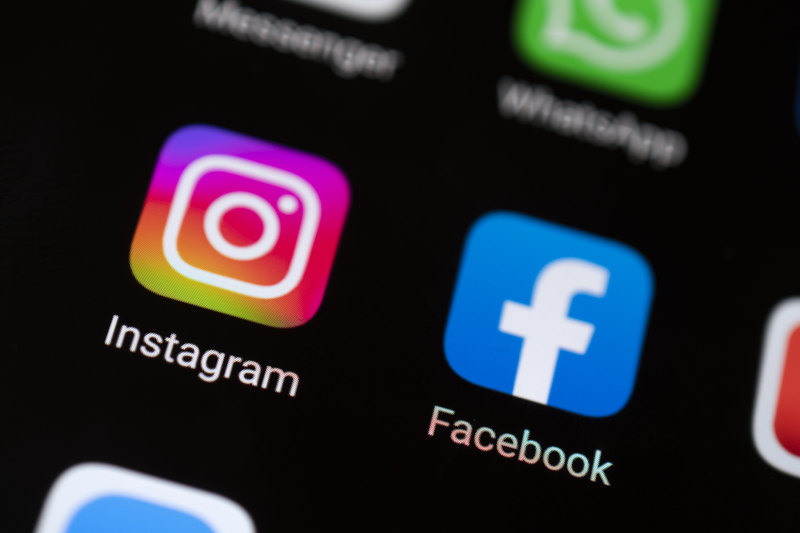During these last few months of life with COVID-19, we've received all kinds of news. Some of it—especially regarding vaccines—has been really positive! Other news has been a bit more challenging to accept or understand, leading to important questions. Questions that you, our awesome readers, have been asking!
So we thought that we'd take a moment right now to answer some of the queries that you've been sending in. Let's get right to it!
What is a COVID-19 variant?
-Mariam

Virsuses spread by copying themselves. (Wikimedia Commons)
A variant is a mutation—or change—of a virus. This behaviour isn't unique to coronaviruses like COVID-19. It is just something that viruses do naturally as they spread. How?
To survive, a virus must first find a suitable host—a living thing—to exist in. Like a person. Once there, the virus makes copies of itself over and over, which is how it can make a person sick. As it makes copies, sometimes errors are made—the copy isn't perfect. It is a mutation of the original virus, or a variant.
Why are we hearing about variants now? Most variants don't matter—they are one-time mistakes that don't survive long. But occasionally, one of these 'mistakes' actually has advantageous differences that help the virus survive—such as being able to spread faster or more easily from person to person.
When this happens, the new variant can become more dominant, or successful, than the original. So far, though there are a few COVID-19 variants, the vaccines are successful against all of them.
What are ways to help with the stress of quarantine?
-Milla
This is a very good question. And a bit of a personal one, too. That's because the answer can really depend on the person. We all have different interests and personalities, likes and dislikes. But the one thing that we all share about living under a quarantine? Depending on what those interests are, we can't pursue all of them freely. And this can lead to feelings of stress.
Though there is no one single way to reduce this stress, here are a few ways to begin.
- Take a break from the media: While it's important to be informed and connected, we can also get easily overwhelmed by the amount of negative stories and fiery debate taking place online. Unplug for a bit.
- Exercise, eat well, sleep regularly: This is always true, but even more so during quarantine. These three things keep our bodies energized, alert, and flooded with endorphins. In short? These are the things that our body naturally produces to keep us stress-free and positive.
- Start a project, set a goal: A big part of why quarantine can be a bummer is because we feel disengaged from activities and objectives. Humans like to have a goal, so give yourself one. Or two! They can be about anything and tailored to your interests—sports, art, cooking, gardening, science, even redecorating your room. The 'what' of your goal isn't important. By just having a goal to shoot for, you'll find yourself much more positive and excited.
- Change things up: People like routines—they bring comfort and stability. But they can also lead to feeling bored and in a rut. So take the time to explore something new. This can take so many forms—from choosing a new area to hike, to reading a new type of book, to asking your parents to help you with a funky new hairdo. The point is to make your everyday a little less everyday! Even small tweaks can really improve your outlook.
Why are some major sports being played, but some aren’t?
-Cole
The Montreal Canadiens and Edmonton Oilers both had to postpone games this week due to positive COVID tests. (Getty Embed)
There are two main reasons why a professional sports league is or is not playing right now. Location and money.
In North America or Europe, for example, COVID is a very big issue. So while sports like hockey, soccer, basketball, and baseball are being played, there is regular testing, few-to-no spectators, and a lot of players and coaches being removed from rosters temporarily due to positive COVID tests. Sometimes, whole games are postponed or cancelled—this has been a big issue in the NBA and NHL.
Meanwhile, in other places, major sports are carrying on great because the entire society has found a way to better contain the spread of COVID. For example, in Australia, the new season of the AFL (Australian Football League) just began last week—and tens of thousands of fans packed their stadiums to watch! COVID testing of the athletes is still happening in these places and some restrictions still exist. But the sport appears to be much closer to normal because, well, life itself is much closer to normal there.
Finally, the money. COVID testing and quarantines are expensive. And not having fans at the game? That is a huge loss of money. Because many sports leagues are run by wealthy owners, they can still afford to test their players daily, pay staff, and so forth for now. But the less wealthy leagues, like the CFL or the NWHL? They've either had to reduce their entire season to a brief two-week tournament or simply skip the entire year.
Ask us!
We want to thank Mariam, Milla, and Cole for their great questions! And if you have a question that you'd like us to answer, let us know in the comments below!
 How do you stay happy during quarantine? We answer this below. (Photo
How do you stay happy during quarantine? We answer this below. (Photo 









I moved to another class and I do not have any friends